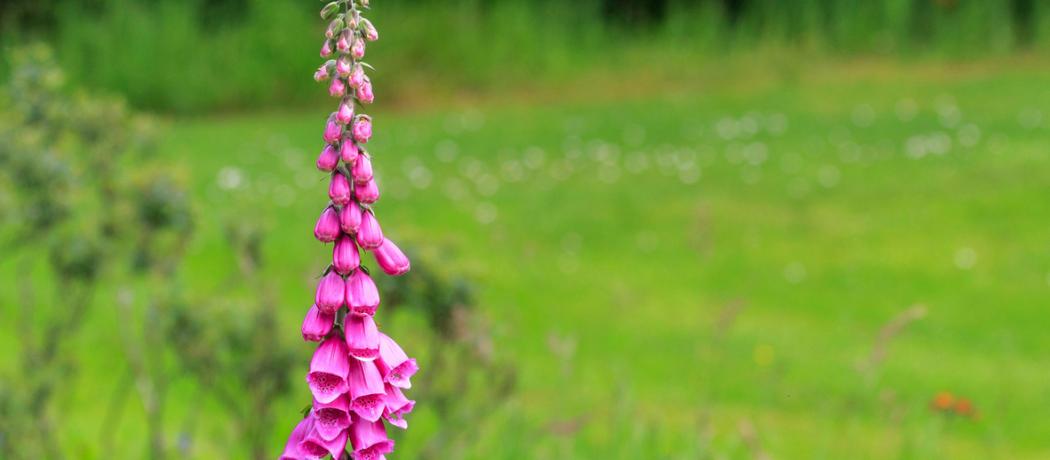Monday 5 August is BC Day, a civic holiday to celebrate achievements in our province and relax with friends and family members in our gardens or our lovely public places. I do not have a green thumb and hardly know the names of any flowers, but I delight in seeing any bud coming alive.
This came to mind when I noticed that this year we had more than our share of foxgloves in our garden, several more than a few metres tall, yet I cannot recall anyone planting them.
Leonhard Fuchs, a German botanist in the 16th century, gave the foxglove the genus name Digitalis to describe the finger-shaped flowers, which blossom in Canada and the US along roadsides from Vancouver Island to Northern California. Nature’s quirk is that the foxglove is a lovely looking but poisonous plant. If ingested it may cause gastrointestinal disorders such as nausea and vomiting and such neurological symptoms as dizziness and hallucinations along with cardiac problems such as abnormal heart rhythms.
Despite its dangers, herbalists and physicians have used the foxglove for centuries to treat a variety of disorders. William Withering (1741–1799), an English botanist, geologist, chemist, and physician published an account of its medical uses in tuberculosis and edema in 1785. It was not until the 20th century that physicians made the link between the foxglove and its potential in the medical management of congestive heart failure. The foxglove contains the cardiac glycosides digitoxin and digoxin derived from the genus Digitalis purpurea and Digitalis lantana. There are numerous medicinal plants growing in British Columbia along with edible plants used traditionally by Indigenous people, including berries (the list is almost endless), seaweeds, roots, sprouts, and leaves.
So this year on BC Day I raise my glass of BC wine to British Columbia’s bounty of eye-catching native flowers in our gardens and the wild edible and medicinal plants that have been harvested here for thousands of years. And let us not forget the imported grapes doing very well in BC!
—George Szasz, CM, MD
Suggested reading
Mother Earth Living. Healing herbs around the world. Accessed 29 July 2019. www.motherearthliving.com/health-and-wellness/the-origins-of-plant-medicine.
Wikipedia. Wild edible and medicinal plants of British Columbia. Accessed 29 July 2019. https://en.wikipedia.org/wiki/Wild_edible_and_medicinal_plants_of_Britis....
This posting has not been peer reviewed by the BCMJ Editorial Board.

